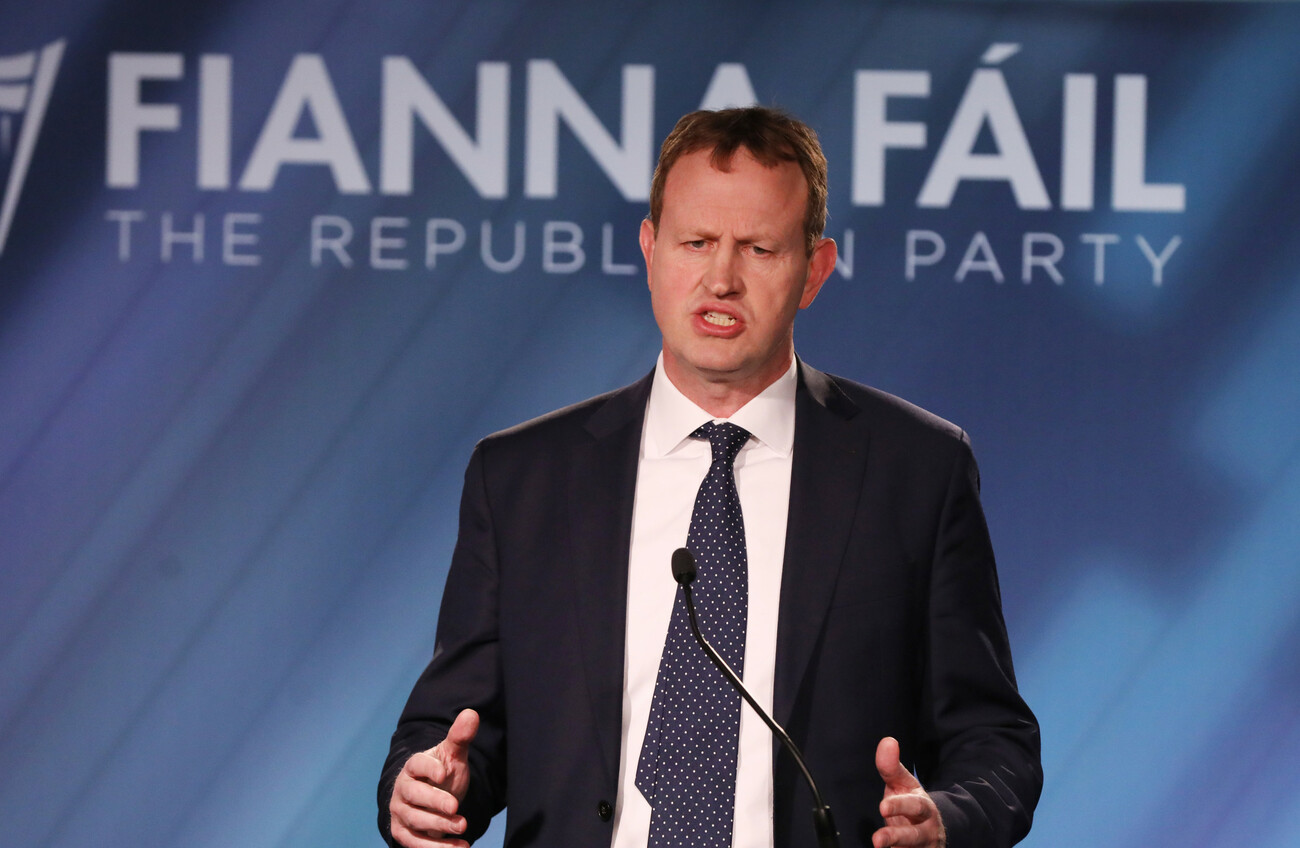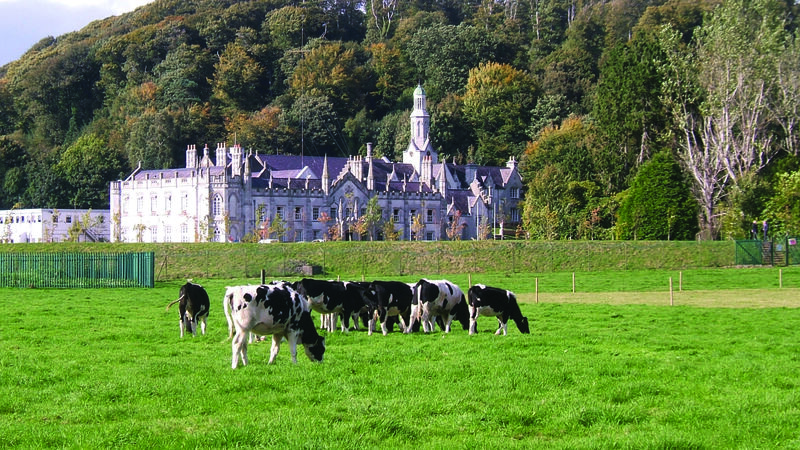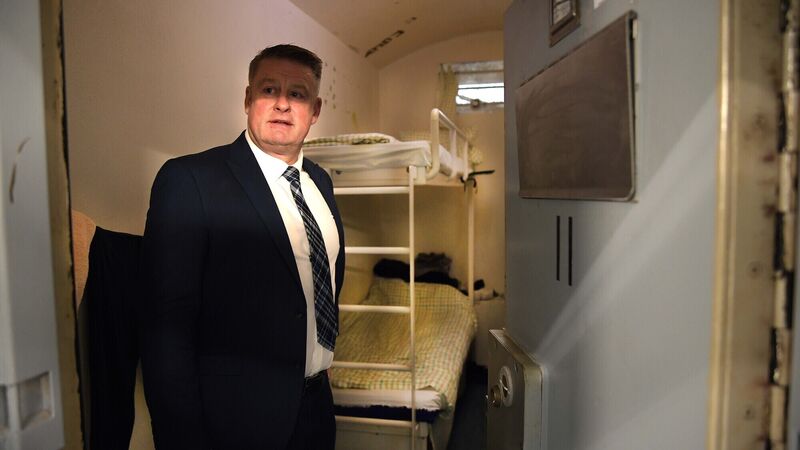When I heard that a boy from my primary school had been convicted of trafficking, I had to find out what had happened to make him fall so far.
When armed police burst through his front door in Tottenham, north London, at 5am in September 2014, Glodi Wabelua knew things looked bad. The house was full of drug paraphernalia, including a hydraulic press, scales and mixing bowls, as well as a mobile phone full of incriminating texts advertising deals for crack cocaine and heroin.
The case went to trial in February 2016, and Wabelua’s two co-defendants – who, like him, were aged 20 – received 10- and 11-year sentences. Wabelua, who had lodged an early guilty plea a year before, was handed six years for dealing class A drugs. He was not new to the criminal justice system, having already served three years for drug offences in his teens. But soon he would be charged with an even more serious crime.
The dawn raid had been the result of a months-long investigation by the Metropolitan police gang unit. In spring 2014, five teenagers from London had been picked up by police in Portsmouth for dealing class A drugs. They were initially charged, but the focus of the investigation subsequently changed, so that the five teenagers were treated as victims of a network of established dealers based in London, of which Wabelua and his associates were the alleged ringleaders.









